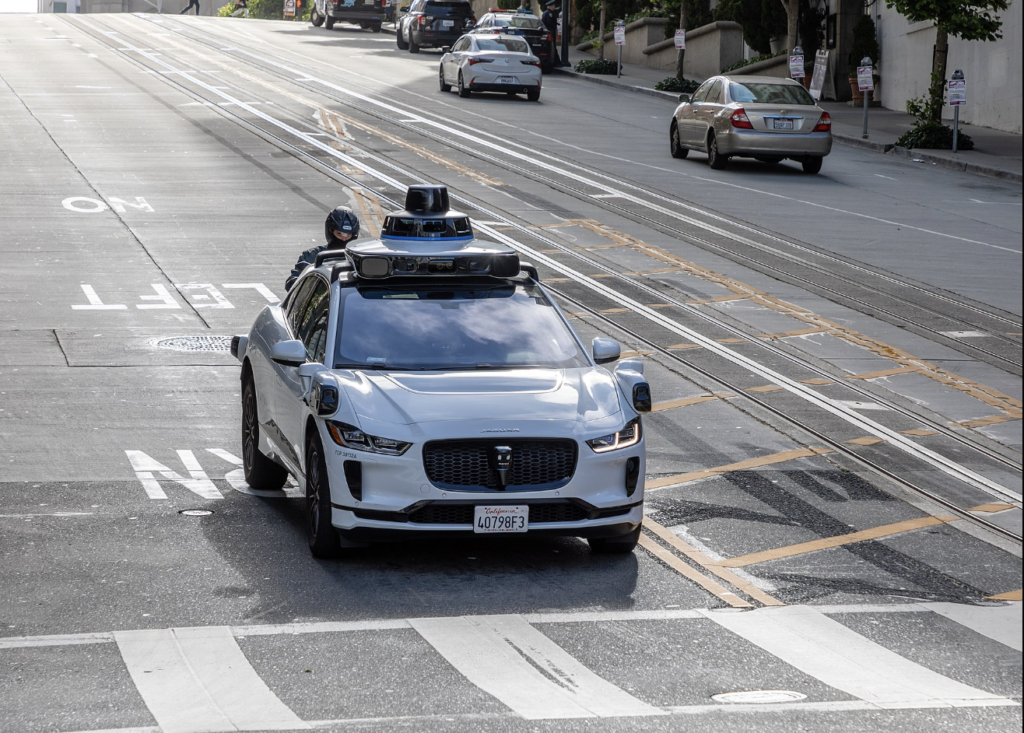The newly elected Democratic County Central Committee will meet for the first time Friday/19, and among the items on the agenda is a resolution affirming the party’s support for organized labor—but it’s not going to be that simple.

The resolution, by Dan Calamuci, part of the right-wing slate that won control of the party in March, says things like this:
The San Francisco Democratic Party affirms its unwavering commitment to stand in solidarity with San Francisco labor unions; supports their efforts to organize and secure just and fair contracts and dignity for their membership; and affirms the right of all workers, public and private, to organize, free of intimidation and coercion, for collective bargaining for fair work rules, fair hiring practices, living wages, just cause protection of employment, and safe working conditions, and to withhold their labor when necessary to achieve those goals.
This is a pretty toothless resolution that has no particular political point and says only that the party believes in what the party has always believed.
But there’s going to be a lively debate on it—because Kim Tavaglione, director of the SF Labor Council, wants some amendments that would specifically put the party in support of state measures to regulate and limit the use of artificial intelligence, including one that would give cities and counties the right to regulate robotaxis.
That’s a direct contradiction to the position that the tech-backed slate ran on, and a direct challenge to the Big Tech funders who paid for their campaigns.
Among the bills the labor leader is demanding the DCCC support: SB 915, by State Sen. Dominic Cortese, which would ban the use of any driverless vehicle in any city or county unless the local government has issued the company a permit to operate those vehicles. It would also
authorize each city, county, or city and county to levy service charges, fees, or assessments in the amount sufficient to pay for the costs of carrying out an ordinance or resolution adopted in regard to autonomous vehicle services. The bill would require a permitted autonomous vehicle service conducting passenger service to take various actions, including maintaining reasonable financial responsibility and keeping its vehicles in safe operating condition, as specified.
This is a direct challenge to the model that Uber, Lyft, and now the robotaxi operators have taken, which is to remove all local control and let the state, run by a very pro-tech governor, give them the power to operate anywhere.
Another one: AB 2286, by Assemblymember Cecilia Aguiar-Curry, which would ban the use of robotrucks without human backup.
The bill would prohibit the operation of an autonomous vehicle with a gross vehicle weight of 10,001 pounds or more on public roads for testing purposes, transporting goods, or transporting passengers without a human safety operator physically present in the autonomous vehicle at the time of operation.
She also wants the panel to endorse a bill that would regulate self-checkout at grocery stores, and one that would ban state and local governments from replacing human workers with AI at call centers.
One of the progressive members of the panel will no doubt introduce those proposed amendments. So at the first meeting of the new, more conservative DCCC, members will have to take a clear, recorded vote: Are they on the side of labor, as represented by the director of the San Francisco Labor Council, or are they on the side of Big Tech, which funded their campaigns?
That meeting starts at 6:30pm, at 455 Golden Gate.




